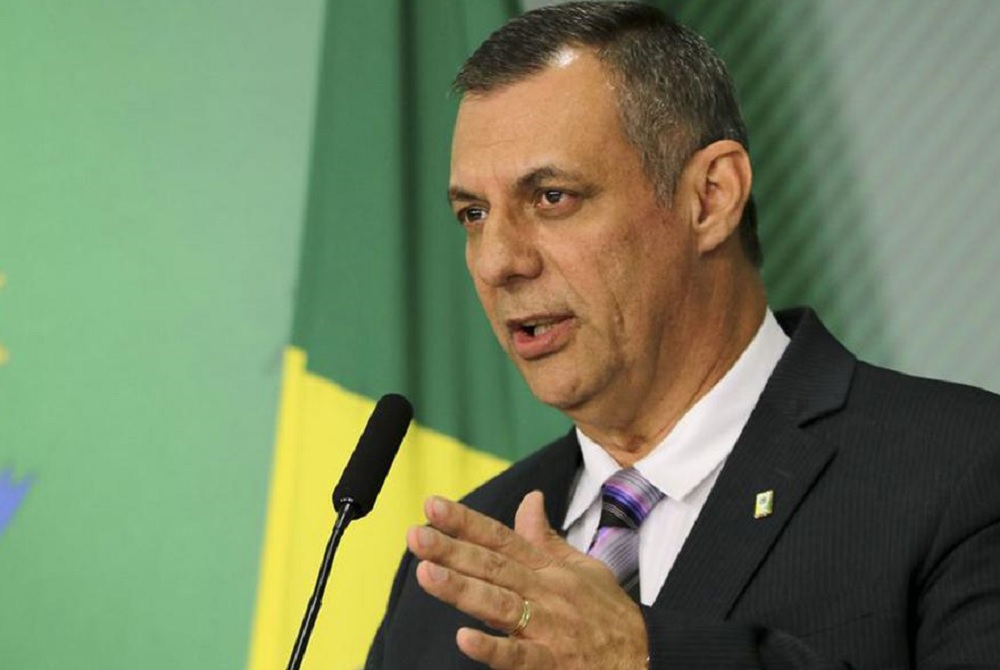RIO DE JANEIRO, BRAZIL – “The Brazilian government appreciates that in the free trade agreement negotiations between Mercosur and the European Union (EU), three key points have been met for its implementation.”
“The first is political dialogue. Second, cooperation. And third, free trade. President Bolsonaro, therefore, sees no reason to note any formal opposition to the Mercosur and European Union Agreement,” said Rêgo Barros at a press conference with journalists covering the Palácio do Planalto.

The statement was a reaction to French Environment Minister Elisabeth Borne, who said earlier that environmental issues related to the free trade agreement could not be signed under current conditions.
“We cannot sign a trade treaty with a country that does not respect the Amazon rainforest, which does not respect the Paris treaty. France will not sign the Mercosur agreement under these conditions,” the minister told BFM television station.
The Brazilian spokesman reiterated the federal government’s compliance with its environmental commitments and insisted that there was no reason to prevent the agreement from proceeding.
“In view of Brazil’s compliance with the goals of the Paris Agreement and its commitment to the preservation and sustainable use of our forest, there is no reason why the agreement should not be approved by the countries that make up the two blocs”.
Finalized in June, the Mercosur-EU free trade agreement is the largest treaty ever reached between two economic blocs. Together, the member countries of the agreement represent approximately 25 percent of the global economy and a market of 780 million people.
The agreement provides for the elimination of import tariffs for more than 90 percent of the products traded between the two blocs. For those products that will not have their tariffs eliminated, preferential import quotas will be applied with reduced tariffs.
In order for the agreement to come into force, the governments of each of the 32 treaty member countries must approve its terms, which should take several years.
Source: Agência Brasil

